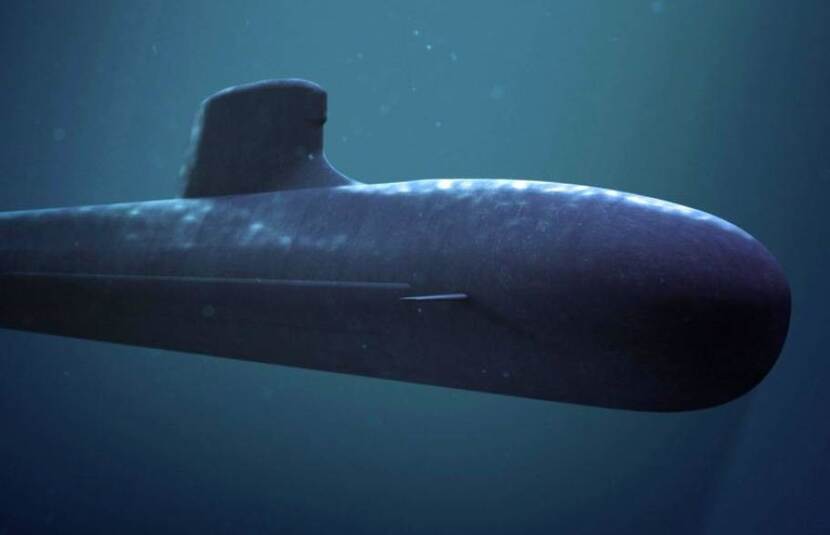Contract for new submarines provisionally awarded to Naval
The French company Naval will build new submarines for the Netherlands Ministry of Defence. This provisional award decision was made following a careful tendering process. On behalf of the Dutch government, State Secretary for Defence Christophe van der Maat announced the winning shipyard today at Den Helder Naval Base.

Equipped with the latest technology and systems, the new submarines will be worthy successors to the current Walrus-class fleet. Together with the youngest sailor and the youngest officer of the Submarine Service, Van der Maat revealed the names of the new submarines. They are HNLMS Orka, HNLMS Zwaardvis, HNLMS Barracuda and HNLMS Tijgerhaai.
According to Van der Maat, Naval submitted a balanced, multifaceted and realistic tender. The shipyard created a design that will prove a worthy successor to the Walrus-class submarine. The state secretary went on to stress that Dutch industry will be playing a substantial role in building and maintaining the submarines. This involvement was a key award criterion. The award decision will therefore be beneficial not only to the Royal Netherlands Navy and the nation’s security interests. It will also benefit Dutch businesses and foster the further development of the Netherlands’ knowledge position.
More possibilities
The 4 new boats will be a considerable improvement in terms of their design and in a host of other areas. The ability to launch cruise missiles, for example, will substantially increase striking power.
Furthermore, with the latest sensors and communication systems, the new submarines will be even better equipped than their predecessors to gather, analyse and share intelligence, which can be decisive in each phase of a conflict as well as in peacetime.
Because of modern battery technology, the boats will also have a larger energy capacity. This will allow them to remain submerged for longer and operate without raising a snorkel in order to use the diesel engines to charge the batteries. They will therefore be even quieter and less vulnerable to detection by the enemy.
Rare class
Like their Walrus-class predecessors, the new submarines will be able to carry out a variety of missions across the globe. Also similar to their predecessors, the new boats will be relatively small, which will allow them to also operate in shallow waters.
Nevertheless, because they will be larger than submarines that are designed to remain close to home base, the new boats will be able to operate independently far from home for extended periods of time. Because this combination is rare, Royal Netherlands Navy submarines are highly regarded in NATO.
Provisional award decision
The Ministry of Defence spent the past few months evaluating the tenders. This evaluation process resulted in an overall rating and a provisional winner. The delivery contract will be signed after the tender assessment has been debated in the House of Representatives.
The Ministry of Economic Affairs and Climate Policy evaluated the proposals for an Industrial Cooperation Agreement, or ICA. The purpose of ICAs is to strengthen the Dutch defence and security-related Technological and Industrial Base (NLDTIB), which consists of approximately 1,000 companies. The winning shipyard must contribute to the strengthening of that base. A key element, indeed a condition for the award of contract, is therefore the conclusion of an ICA with the winning shipyard.
A Memorandum of Understanding (MoU) will also be concluded between the Dutch government and France. The areas covered by this MoU will include rights of use, information security and knowledge sharing.
Safely remaining in service
Under the provisions that will enter into force, Naval will deliver the first 2 new submarines within 10 years following the signing of the delivery contract.
The Ministry of Defence has taken measures to ensure that the current Walrus-class submarines can safely remain in service until the mid-2030s. Two of the 4 boats will be phased out of service. This will keep spare parts available for the remaining boats, which will require more maintenance as they age.